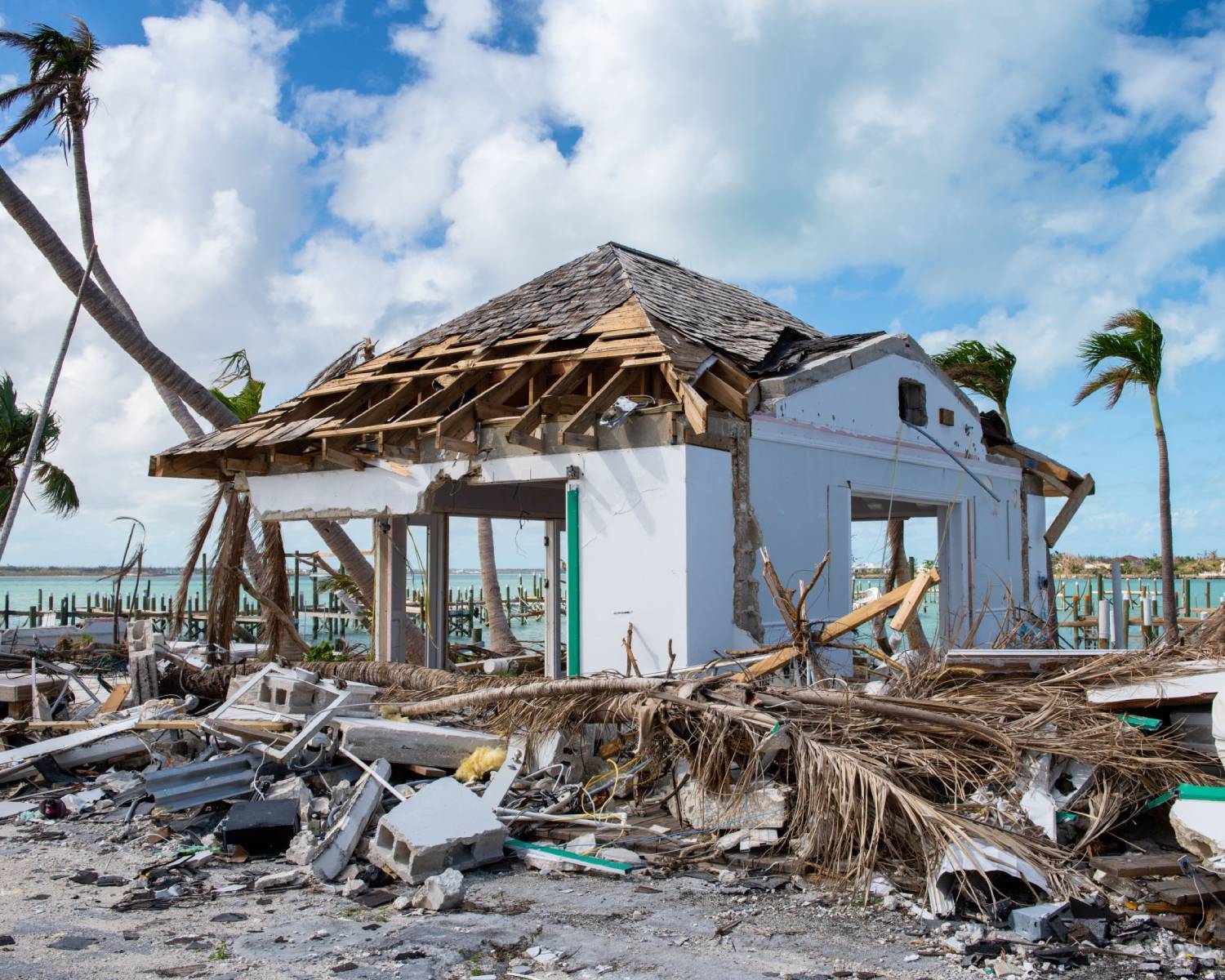Consumer Awareness
Education & Protection
This section is designed to offer valuable insights into the significance of consumer education and protection, helping you understand your options and guiding you on the key questions to ask when dealing with financial service providers such as banks, insurance companies, brokers, and advisors.

Deposit-Taking Institution Fees
To assist consumers in making informed choices during their transactions, the Cayman Monetary Regulatory Authority International (Cmrai) provides a summary list of fees charged by local deposit-taking institutions. This list, updated quarterly, includes fees for services like cheque cashing, deposits, and withdrawals for both account holders and non-account holders but does not encompass all fees charged by the listed institutions.
Although these deposit-taking institutions are registered and regulated by Cmrai, the Authority does not have the power to regulate the fees, as they are determined by commercial factors.

Financial Transactions
Credit Cards
- Familiarize yourself with the terms and conditions set by the institution for the credit card.
- Review the credit card fee schedule and payment cycle to avoid late fees and penalties. Poor repayment habits can negatively impact your credit score, making it harder to secure loans in the future.
- Avoid spending beyond your means.
ATMs
- Inspect the ATM for any unusual devices before use.
- Be aware that criminals may use skimming devices to steal data from your card’s magnetic strip. These devices are often placed where the card is inserted.
- Another common tactic is placing a small hidden camera above the keypad to capture your PIN.
- In some cases, a fake keypad may be placed over the original one to record your PIN.

Fraud and Scams
- Be cautious of individuals who falsely represent well-known businesses or government agencies to obtain money or personal information.
- Beware of imposters claiming you’ve won a lottery or sweepstakes and asking for a fee to release your winnings.
- Be skeptical of charities asking for donations. Always verify the legitimacy of a charity by contacting the national charities association before donating.

Financial Planning
Teenage Years
- Consider opening a savings account at a bank or a share account at a credit union. Saving money early can help you achieve your future goals.
- If you have a job, start saving a portion of your income each month. Even a small amount can be beneficial.
- Learn to distinguish between wants and needs.
- Build a positive relationship with your financial institution.
Middle Age Adults
- Create a monthly budget and stick to it. A budget can help you avoid financial troubles.
- Maintain an emergency fund with at least six months' worth of income.
- If you face financial difficulties, especially with loans or mortgage payments, contact your financial institution immediately.
- Save as much as possible to prepare for the future.

Understanding Foreclosures
Losing your home is something no homeowner wants to face. However, by understanding the foreclosure process and the factors that can lead to it, you can better prepare and take steps to protect your most valuable asset.
Foreclosure is a legal process used by creditors to recover their funds when a debt, such as a mortgage, goes unpaid. Cmrai advises homeowners to consider the following:
- Recognize early signs of financial trouble – Unexpected events like serious illness, job loss, or divorce can impact your ability to pay your mortgage. It’s important to act quickly and seek a solution as soon as possible.
- Contact your bank immediately – Banks prefer to work with homeowners to find a solution rather than proceed with foreclosure.

Insurance Preparedness for Hurricane Season
Each year, we witness the devastating effects of natural disasters, such as hurricanes, earthquakes, tsunamis, and storm surges. The Cayman Islands have experienced their share of such events. While these disasters are often unpredictable, you can prepare and mitigate financial losses before they happen.
With hurricane season approaching, property and vehicle owners should consider the following:
- Find ways to reduce potential losses. Identify what you can do to protect yourself and minimize damage. Regularly maintain your property, as insurance companies may not cover damage caused by pre-existing issues that should have been addressed.
- Review your insurance coverage and ensure that your property, contents, and vehicles are adequately insured to avoid being underinsured.
Sign up for our E-alerts
Be the first to know about releases and industry news and insights.
